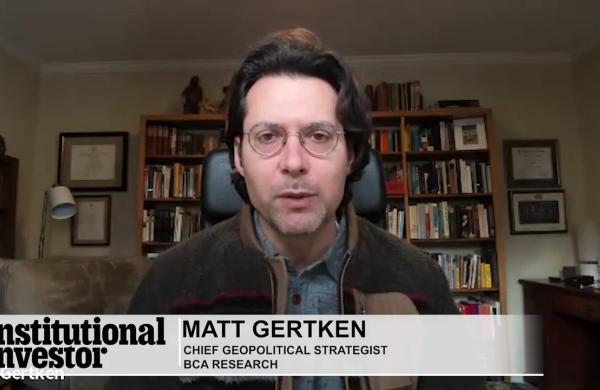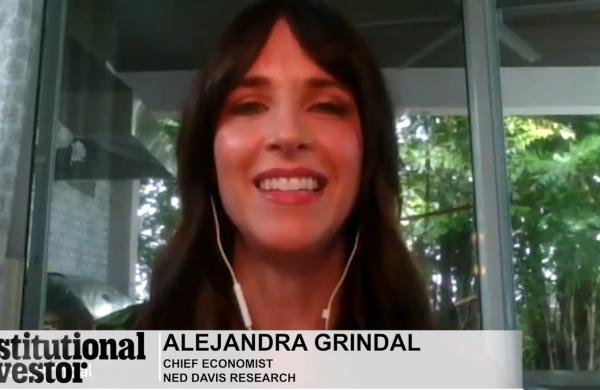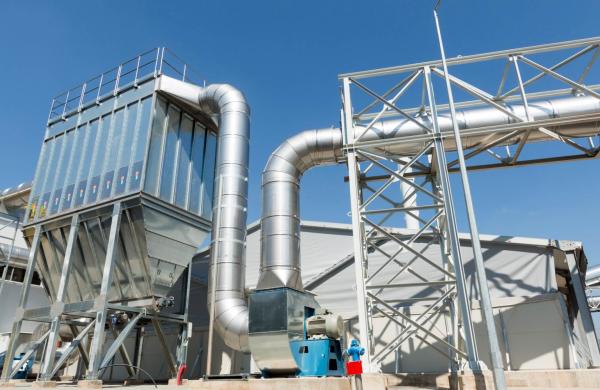But the process of buying, fixing and selling a South Korean brokerage tested even his commitment. "There were lots of delicate negotiations and maneuvers behind the scenes," says Hsu, an American who was born in China and studied in Taiwan. "We had to put in thousands of hours watching our every step."
When the Palo Alto, California-based firm led a 1998 buyout of failing Ssangyong Investment & Securities, Hsu and his partners anticipated local resistance, so H&QAP didn't take any taxpayer money to rescue the brokerage, as investors in other troubled South Korean financial institutions had. "If you make a lot of money and you have taxpayers' money, there will be a lot of negative publicity," says Peter P. J. Ko, who runs the firm's South Korean operation.
H&QAP installed the brokerage's former CEO and COO, Milton Kim, as co-chairman for six months to smooth the introduction of Western-style management and gave local managers the most stock options ever handed out in South Korea. In addition, the firm paid consultants more than $1 million to come up with a new name. "Our clients were Koreans who didn't speak English, yet they expected us to have a foreign flavor," says Ko, a native South Korean. The result: Good Morning Securities, in part because "good" and "morning" are, along with "hello," the three best-known English words in South Korea.
Still, gaining complete acceptance in the Hermit Kingdom proved impossible for H&QAP. There was a public outcry when, two years into the turnaround, the firm and some of its partners sold a small portion of their shares. "When they saw us and other foreign shareholders selling, they thought something must be wrong with the company," says Ko. And even though the group bailed out the firm and returned it to profitability before last month's announcement that it would be sold to Seoul-based Shinhan Financial Holding Co., South Korean labor unions opposed the sale.
Sensitivity, however, does have its rewards. Once the sale is finalized, H&QAP will cash out about $200 million, more than six times its original investment.




